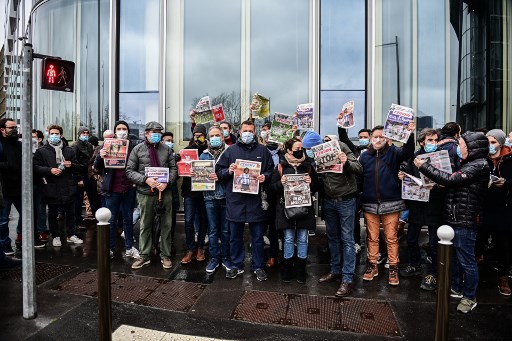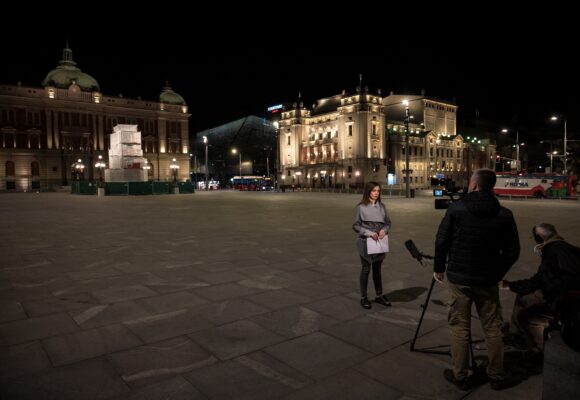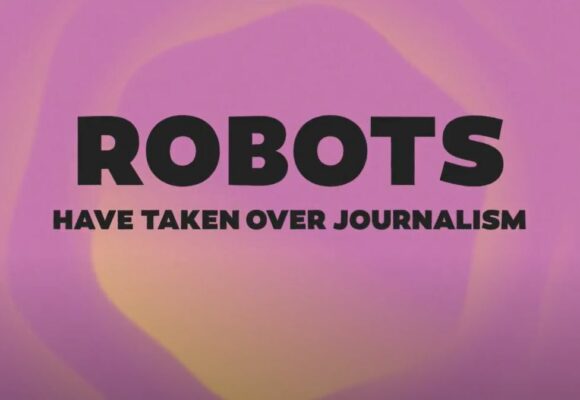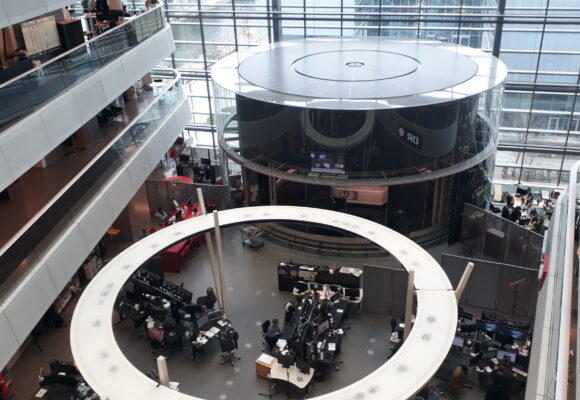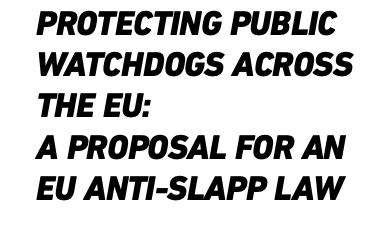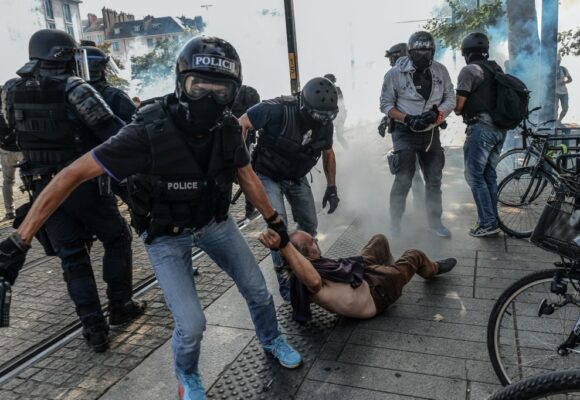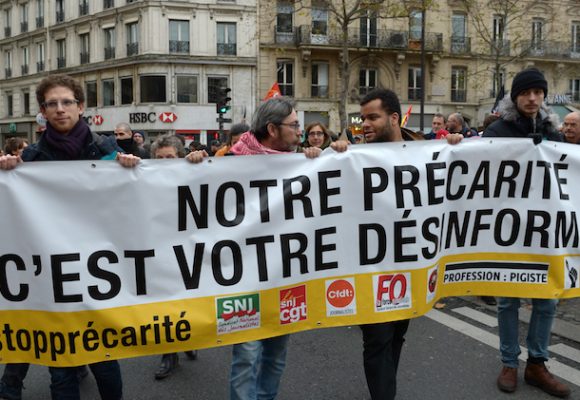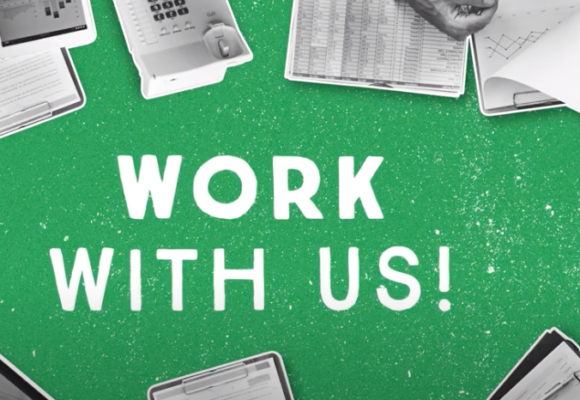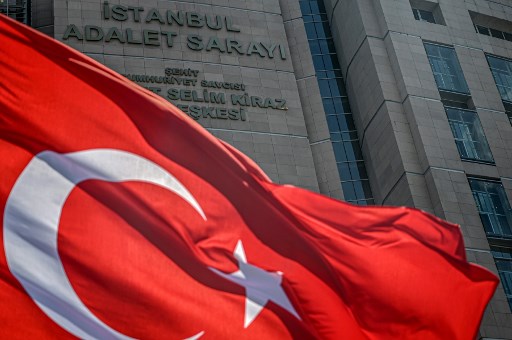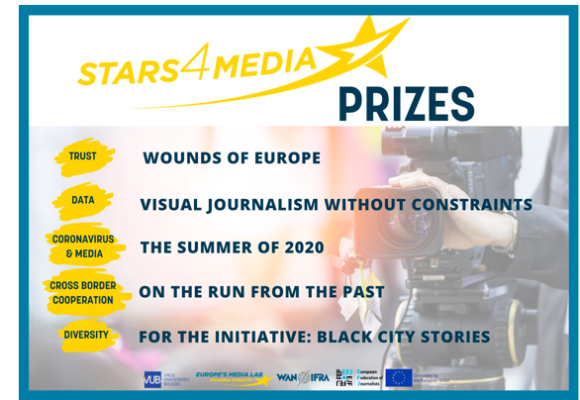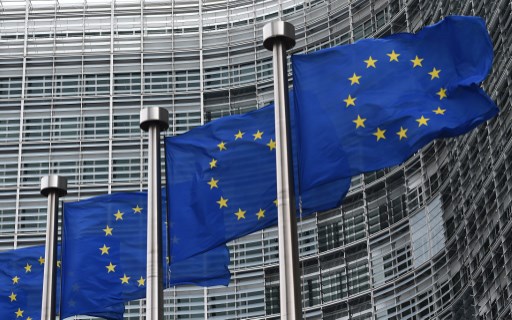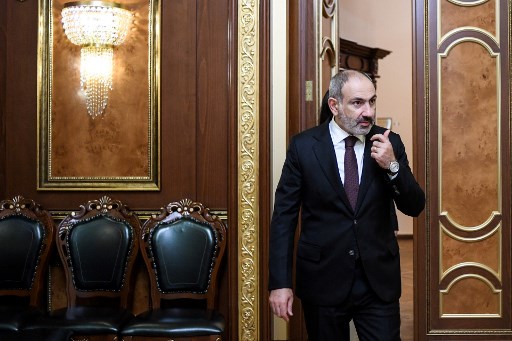France: ‘L’Equipe’ and France TV journalists strike over working conditions and redundancies
Journalists at sports newspaper ‘L’Equipe’ and France TV channels have taken strike action in a dispute over a job protection plan and dismissals. The International and European Federation of Journalists (IFJ-EFJ) stand in solidarity with striking workers and their French affiliates. France’s public TV, France Télévisions, has seen strikes over the past two weeks at its headquarters in Paris, due to the unfair dismissal of four sound illustrators by video-conference, staff opposition to the arbitrary redefinition of working conditions and the excessive workload. In parallel, the unions are to hold a 24-hour strike on 18 January due to the regionalization project at the France 3 network, which was planned without prior consultation with the unions. ‘L’Equipe’…

